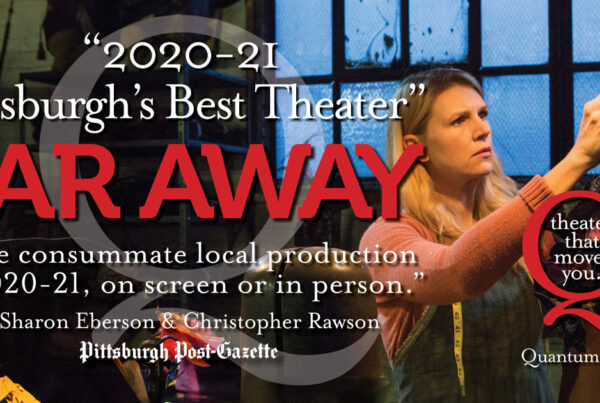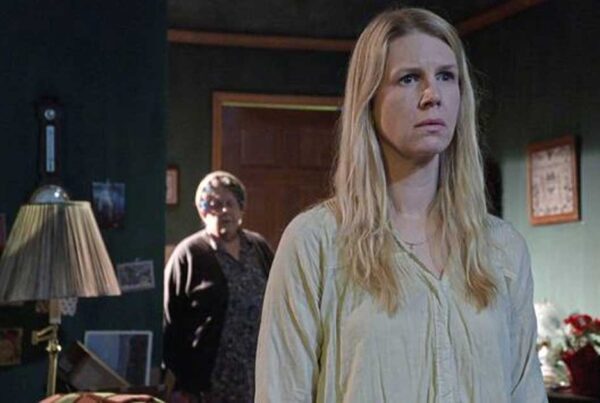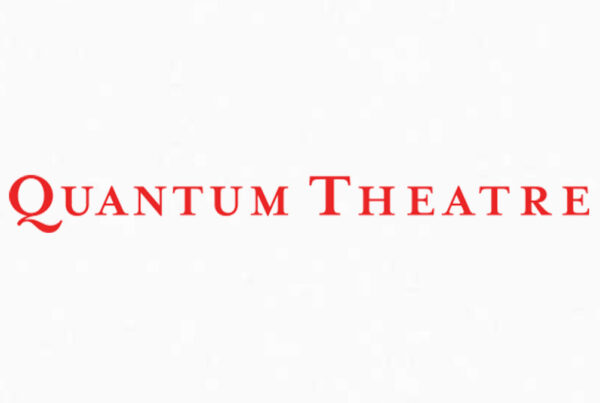
The Pittsburgh Tatler – This past summer, my colleague Kyle Haden and I led a small “think tank” at the Carnegie Mellon University School of Drama aimed at exploring the landscape of live performance in the age of Covid-19. The research questions we posed to the student participants in the course were relatively straightforward: what’s “out there” in the world of remote and digital live performance, what’s working well, why does it work well when it does, and what tools and techniques need to be mastered in order to make compelling and captivating live performance for remote or socially distanced performers and audiences?
After viewing dozens of online performances and experiments, our students compiled a digital “white paper” of the results of their research, which ranged from recommendations regarding content and rehearsal strategies to a deep dive into available recording and streaming platforms to an imagined “Covid” season for many of our local theaters. You’re welcome to view the results of their work, but the TL;DR take-home of our collective survey of the summer landscape was something that will now likely seem all too obvious: the most successful live-streamed (or pre-recorded and streamed) projects had two things in common. First, they were delivered in relatively short segments (thirty minutes was the sweet spot; forty-five the outer limit). And second, they achieved a logical and necessary integration between form and content; that is, the works that were most satisfying to experience were works that contained within their world an explanation as to why the audience member might be viewing them on a screen.
The example we all kept pointing to as the bar-setter was a production of Chekhov’s The Seagull directed by Eleanor Bishop, a CMU Drama directing alum, and produced by the Auckland Theatre Company (and recently made available again in four 30-minute segments for viewing – which I highly recommend!) Back in the early summer, at a time when many theater companies and performers were attempting to replicate the experience of live theater by putting actors into dialogue with each other across Zoom boxes – and asking us viewers to suspend our disbelief and imagine that the characters were occupying the same physical space – Bishop’s adaptation accepted Zoom as a governing condition of the characters’ pandemic-bound lives, and forged Chekhovian comedy and pathos out of their (and our) current given circumstances. What made Bishop’s reboot compelling was that the video capture of live dialogue and action made sense in the world of the play; it was not haunted, as so many online reproductions of plays have been, by the IRL theatrical conditions we can no longer enjoy.
With its new production of Mike Bartlett’s play Wild, the collaborative team at Quantum Theatre has crafted a similarly successful integration of form and content. The setting for the play is a Moscow hotel room where Andrew (Chris Cattell) – a fictionalized Edward Snowden – has taken refuge after he has released damaging information showing that the US government has been spying on its own citizens. Two mysterious agents, who may or may not belong to an organization affiliated with a Julian Assange-esque man that Andrew seeks to be connected with, visit his room: a British Woman (played by Lydia Gibson), and an American Man (played by Wali Jamal). The hotel room (designed with a keen eye for Soviet-holdover detail by Kelsey Garrett) bristles with hidden Russian surveillance cameras that provide us with multiple views into the cat-and-mouse game that these two play with Andrew as they try to recruit him to trust – and eventually join – them. As such, the answer to the question, “why are we watching this on a screen?” is clear and logical: because “we” are cast in the role of some nameless Russian agent monitoring what unfolds in this claustrophobic space…




